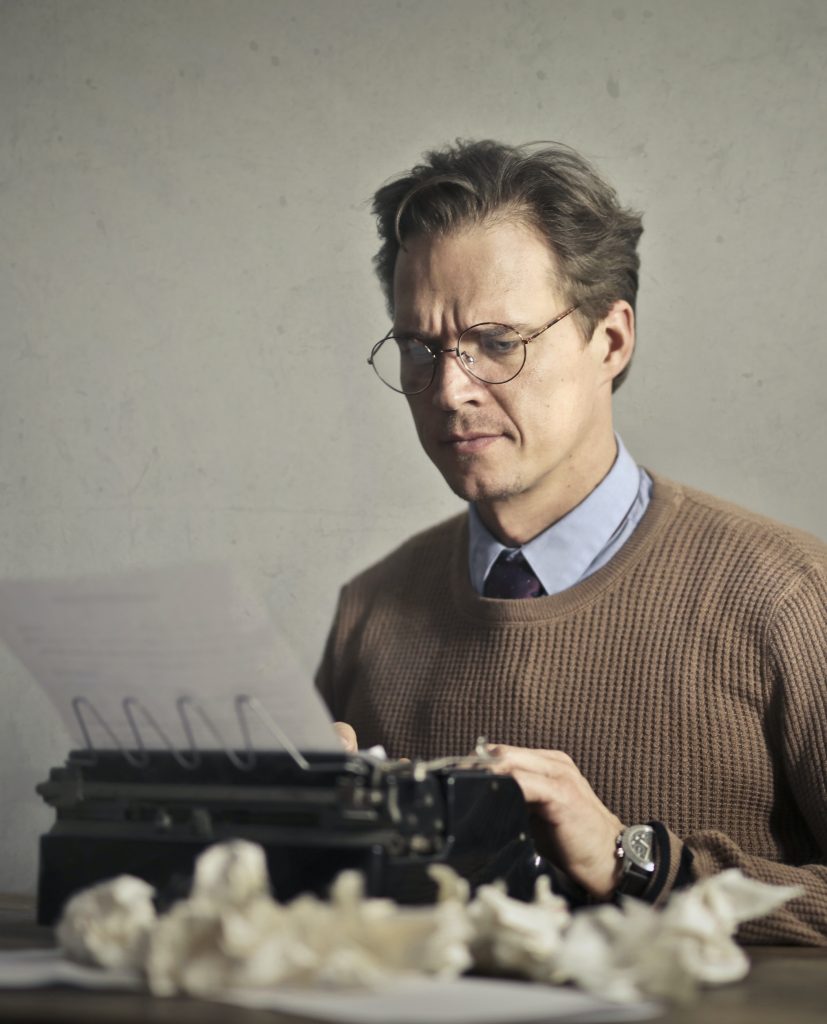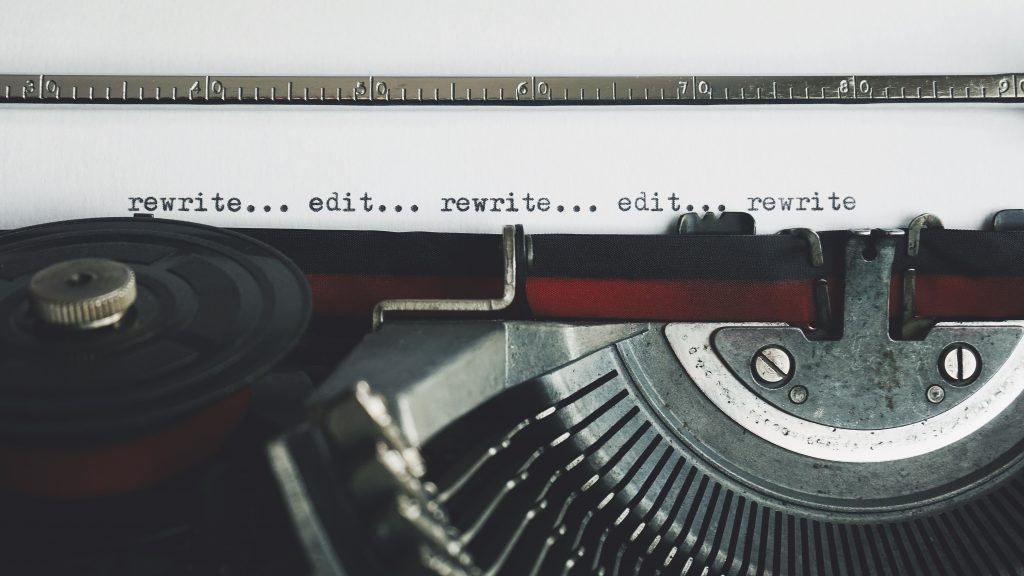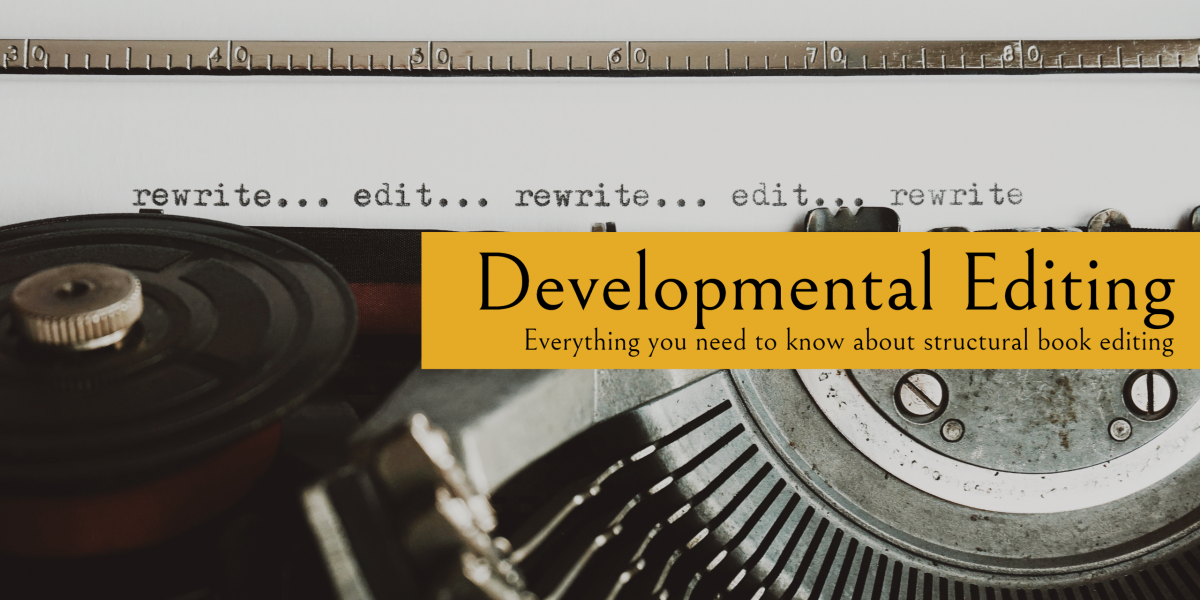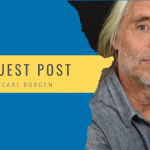
What is ‘Developmental Editing’?
Developmental editing, also known as structural or substantive editing, focuses on the big picture elements of a manuscript. Unlike proofreading and copyediting, which address grammar, punctuation, and sentence structure, developmental editing delves into the broader aspects that shape a story or narrative.
In fiction, a developmental editor focuses on the story’s plot, character development, pacing, and overall narrative structure. They assess whether the plot is engaging, characters are well-developed, and if the story has a clear arc and resolution. Editors pay close attention to the author’s voice and writing style, ensuring it suits the genre and enhances the reader’s experience. They may make suggestions to maintain consistent tone and style throughout the manuscript. Editors will also evaluate the authenticity of dialogue, ensuring it reflects character personalities and moves the story forward naturally. In genres like science fiction and fantasy, editors assess how well the author has created and described the story’s fictional world, including its rules, culture, and setting.
Most works of fiction, and most especially thrillers, need proper pacing and tension. Editors help identify areas where the story might drag or where it needs more tension or conflict. Subplots, if they exist, are also given attention to ensure they enhance the main storyline and do not distract or confuse the reader.
In non-fiction, editors ensure that manuscripts follow a clear and logical structure by assessing whether the content flows in expected sequence and if chapters or sections are well organised. They will also check that the information contained in the text is easily digestible for the intended target audience by highlighting jargon and overly complex language. [I’ve lost count of the times that Palamedes has received a manuscript to developmental edit only to be lost in a sea of complexity and big words. The oft-used quote by da Vinci says it all: “Simplicity is the ultimate sophistication”.]
In academic or argumentative non-fiction, editors evaluate the thesis or central argument’s clarity and its effectiveness in persuading or informing the reader. They will also verify the accuracy of facts and citations (or, rather, ask the author to do so), check the clarity and suitability of tables, figures and other visuals, and also suggest strategies to make the material more relatable or compelling.
Why Developmental Editing Matters
Developmental editing ensures that a narrative is compelling, the plot is engaging, the characters are relatable, and the dialogue on point. It maintains consistency, removes discrepancies in character traits, timelines, and settings. And it refines arcs and authenticity and ensures the heartbeat of a story – its pacing – steadily grows.
Developmental editing also helps authors strike the right balance between action-packed scenes and slower, introspective moments, and helps authors to fine-tune their narrative voice, tone, and themes to resonate with their intended target readers.
Moreover, developmental editing – in fiction or non-fiction – cuts out the fluff, enhances the good, and makes a book far more likely to sell.
But that’s not all. By addressing significant structural issues before proofreading, developmental editing paves the way for a smoother (and often faster) final editing process. This reduces the risk of errors slipping through the cracks and ensures that the manuscript is polished to a professional standard.
Perhaps most importantly, still, developmental editing provides objective feedback by a trained professional. Good developmental editors are an author’s true critical friend – they point out what needs to be improved when loved ones will not.

“Friends and family may hesitate to offer negative or constructive criticism to avoid hurting the author’s feelings, which can lead to a skewed perspective (or, in some cases, outright delusion)“
– But objective readers are more likely to provide honest and unbiased feedback.
How to Developmentally Edit a Book
The developmental editor’s role is to provide constructive feedback and suggestions to help the author improve the manuscript’s overall quality. The aspects they focus on and the criteria for evaluation will vary based on the genre and purpose of the book, but broadly speaking the editor will:
Read the Manuscript: Every developmental edits usually begin by reading the entire manuscript from beginning to end. This initial read-through gives the editor a sense of the overall content, style, and structure of the work.
Assess the Manuscript: After the initial read through, the editor will assess the manuscript’s strengths and weaknesses, giving particular attention to:
– Plot/Content: Is the story or content engaging and well-developed?
– Characterisation: Are the characters well-drawn and relatable?
– Pacing: Does the story flow smoothly, or are there pacing issues?
– Voice and Style: Is the author’s voice consistent and engaging?
– Organisation: Is the structure logical, or does it need reordering?
– Theme and Message: Are the themes clear and well-executed?
Create an Edit Plan: Based on her assessment, she will then draft a detailed edit plan outlining the major changes needed. This will consider what needs to be added, removed, or reworked to improve the manuscript.
Discuss with the Author: Editors will at this point normally discuss their assessment with the author and agree on a plan of action. Once the author has approved the strategy and any fundamental changes, the editor can start to focus on some of the broader edits. Questions they will ask in this process will typically include:
Structure: Does the manuscript follow a logical progression? Are there any plot holes or gaps in information that need to be addressed?
Character Development: Are there suitable character arcs, motivations, and consistency. And are characters relatable and undergo growth or change where appropriate?
Pacing and Tension: Are there any pacing issues that need to be addressed to ensure the story maintains tension and engagement throughout?
Clarity and Coherence: Does the writing flow smoothly, and are transitions seamless? Are themes, chapters, sections or subplots interwoven effectively? Make a Start: Most editors use Tracked Changes in Word to make edits and recommendations visible to the author. This makes it easier for the author to review and accept or reject those suggestions. Once the author has done so, it is not uncommon for the editor to perform each of the above tasks again (and sometimes again and again if it is a key title) to ensure the end product is as good as it possibly can be.
What Happens After a Developmental Edit?
While a developmental edit primarily focuses on content and structure, most publishers will perform a final proofread to catch any remaining grammatical or typographical errors.
At this point, some publishers will use objective, impartial readers to review a manuscript to check it hits the mark. Here’s why third-party readers are so important:
Objective readers are more likely to provide honest and unbiased feedback. Friends and family may hesitate to offer negative or constructive criticism to avoid hurting the author’s feelings, which can lead to a skewed perspective (or, in some cases, outright delusion). They also offer diverse perspectives that friends and family may not possess.
Readers bring expertise and experience to the evaluation process. They can identify issues related to plot, character development, pacing, writing style, and more, that may have been missed or overlooked by the developmental editor.
If you’re publishing a book yourself, or if your publisher doesn’t offer this service, we strongly suggest that you find some impartial readers for these reasons. While it’s perfectly fine to share your work with friends and family for emotional support and initial reactions, relying solely on them for critical feedback may limit your ability to produce a polished and market-ready manuscript.
A Summary
Honestly, readers, the value of developmental editing cannot be overstated. It’s the bridge between a raw manuscript and a refined product that stands a chance of selling well or, at the least, of resonating with readers. It’s the time when savvy authors release their grip, hand over the baton, and let others take it over the finish line. If you need some extra help, you can explore our own pre-publication book services that includes developmental editing and proofreading.




